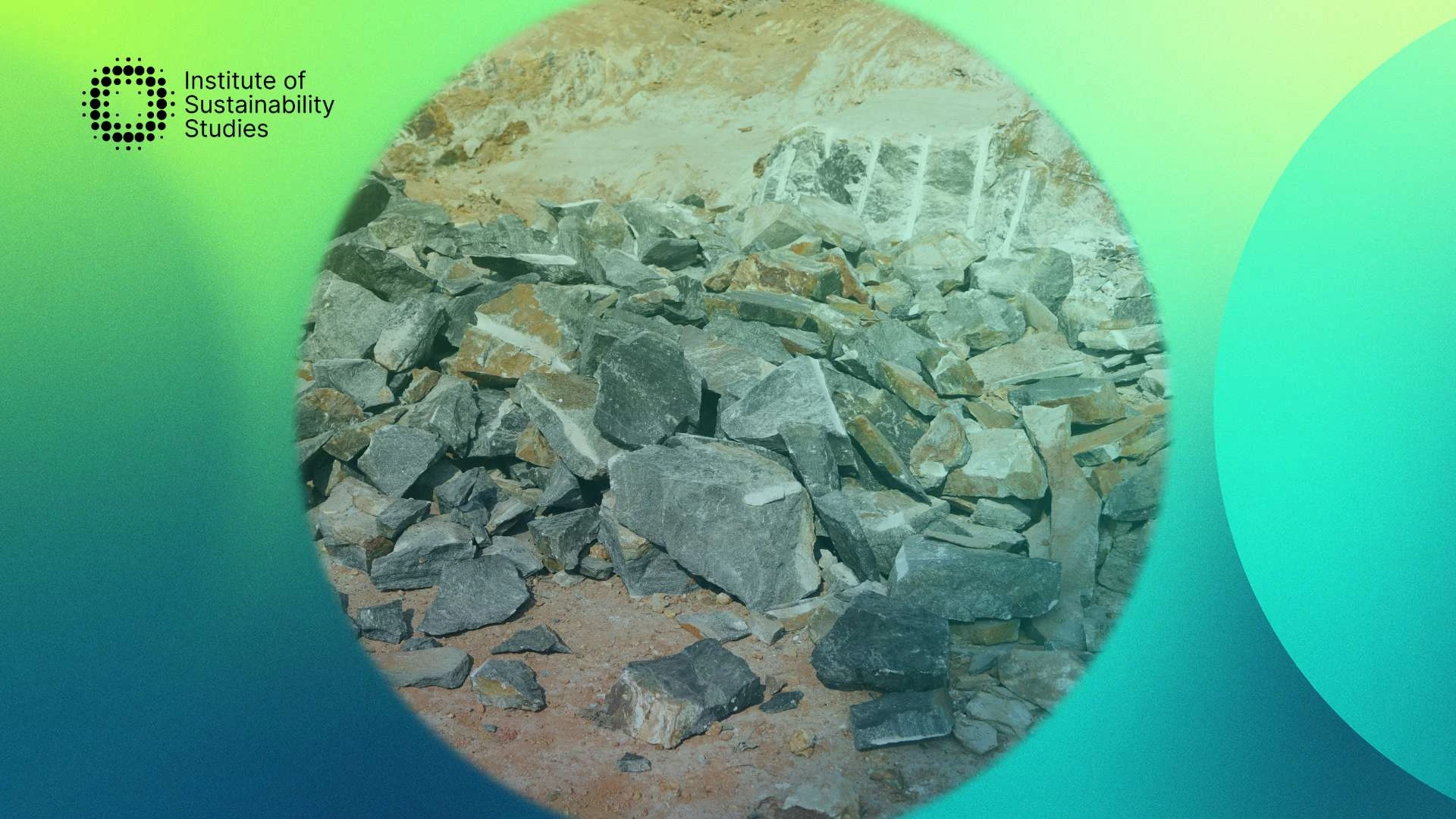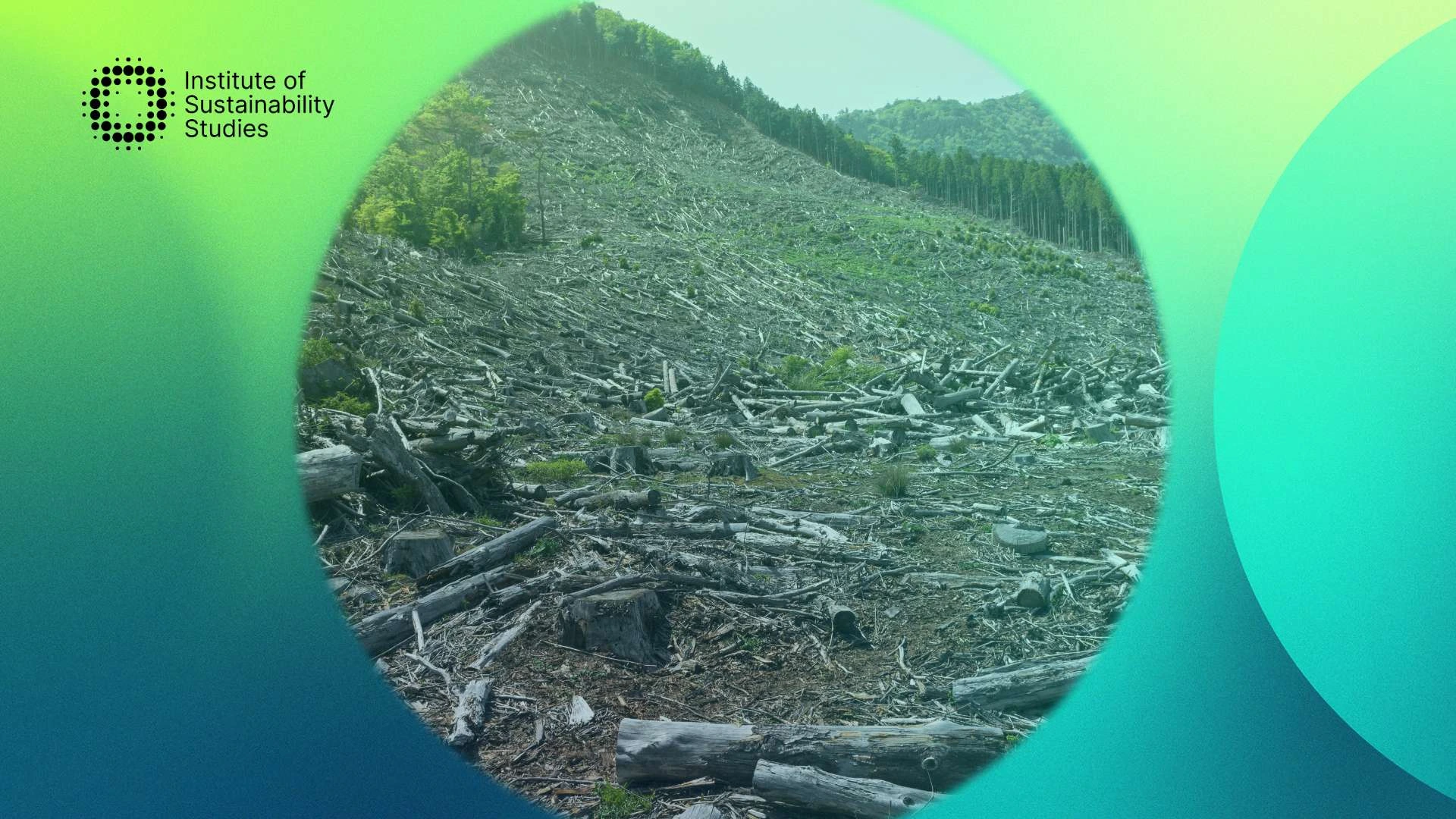Starting a sustainable fashion business at just 13 years old
Tom’s Trunks was established by Tom Holmes when he was just 13 years old. He went on a holiday to Kenya with his family and came across trousers made of the Kenyan Kikoy material. He fell in love with the vibrant colours and patterns and bought a few pairs to give to his family and friends in the UK.
Simultaneously, Tom had always wanted to create a go-to brand for loungewear. It turned out that Kenyan Kikoy material was the ideal fabric for comfortable beachwear clothing, so Tom’s Trunks was born. They reimagined the design and committed to growing the business while promoting the core values of sustainability and ethical production.
Rosie Hollway, Sustainability Manager at Tom’s Trunks, says: “Fast forward 10 years later, we had some really slow and steady growth, and then in 2020, we hit a big boom moment because of the COVID-19 lockdowns and everyone wanting loungewear when they had to stay at home. While it has been a 10-year journey, it feels like the real business just started in the last two years, which is pretty exciting.”
Tom’s Trunks believes that sustainability shouldn’t be viewed as something that makes a dent in your business but as a profitable move that helps businesses to be disruptive. On why sustainability is so important to the company, Rosie explains: “We like to be a beacon of change and have a positive impact. We want to do things the right way and show people that is possible. We want customers to feel empowered to make the right choices. We’re striving to educate consumers on what they really need because this is the root of the problem.”
Tom’s Trunks sustainable initiatives
Tom’s Trunks are aware that being sustainable is challenging, but through education, commitment, and a passion for change, they are ensuring they create products that do not destroy the future of the planet and the planet. As a B Corp business, Tom’s Trunks is leveraging sustainable practices and slow fashion and is proudly plastic-free.
All of the fabrics used by the brand are made from 100 percent natural fibres. They use Topology optimisation software to cut their patterns with minimal waste. All of their products use natural, azo-free dyes which do not pollute water systems. Tom’s Trunks only uses biodegradable and recyclable packaging and limits their air freight to transport goods.
The company is proudly advocating for slow fashion by creating products that last the test of time. They don’t want their customers to be purchasing from them regularly. The brand has recently announced a new Circular Returns System too, whereby customers can purchase directly from other customers, reducing the company’s freight. Moreover, they only work with ethical factories and regularly visit these factories to ensure standards are being met.
Challenges in running an eco-conscious business
Speaking on challenges the business has faced in fostering ethical manufacturing and sustainable practices, Rosie shares that the traceability of cotton is difficult and something they are working to address. She says: “We’ve traced our tier one and two suppliers, but it would be much better if we could get a full view of our whole supply chain.”
Rosie adds: “We were going to go down the route of getting the organic certification for our cotton, but it became very evident that there is a lot more organic cotton being sold than actually exists. So just getting back a certification isn’t enough, and I’m very untrustworthy of it. We had a supplier a few years back say we’ll just put the stamp on. After that, we’ve grown suspicious around these certifications.”
“With this in mind, we are aiming for truly certified organic cotton, but we’re also focused on moving over to hemp this year. Regardless of the certification issues, it’s a much better fabric. The growth of the plant is carbon-negative, which is brilliant; it uses half the amount of carbon emissions and hardly uses any water.”
Concerning other challenges, Rosie shares that the brand has also struggled with carbon counting. She says: “We have found it pretty hard to calculate. We have used our financial data and then benchmark averages, which is something. This has meant we can sort of look at our hotspots and see where our areas are worse, but it’s really not a very granular view on things, and to get that accurate data to then reduce is proving difficult.”
Rosie says that Scope 3 emissions are 96 percent of Tom’s Trunks emissions, so an important area for them to tackle. While they are still trying to figure this out, there are some things they have in the pipeline that they feel will make a difference. For example, reducing air freight and sticking to low-transportation methods. In addition, investing more in renewable energy for their main supplier to help them on their sustainability journey.
Next sustainability goals and guidance for the road ahead
Touching on the next big goals for the company, Rosie explains: “On the horizon, a big thing for us is carbon reduction. In addition to this and increasing low transport methods, we want to use more sustainable fabrics like hemp. Offsetting is another thing we will be focusing on but it is minor because we don’t view it as a sole solution.”
She adds: “We also want to increase our circularity projects in terms of expanding our pre-loved marketplace, repair service, and the circular returns system. We want every customer who shops with us to know that there are plenty of options for sustainable fashion. Charitable giving is another focus for this year.”
Rosie advises other businesses to get started on their business sustainability journey: “Focus on the end of life of your products because it can be very profitable. People love that we have a preloved marketplace”.
_____
Want to read more business spotlights?
Dedicated to harnessing the power of storytelling to raise awareness, demystify, and drive behavioural change, Bronagh works as the Communications & Content Manager at the Institute of Sustainability Studies. Alongside her work with ISS, Bronagh contributes articles to several news media publications on sustainability and mental health.
- Bronagh Loughlinhttps://instituteofsustainabilitystudies.com/insights/author/bronagh/
- Bronagh Loughlinhttps://instituteofsustainabilitystudies.com/insights/author/bronagh/
- Bronagh Loughlinhttps://instituteofsustainabilitystudies.com/insights/author/bronagh/
- Bronagh Loughlinhttps://instituteofsustainabilitystudies.com/insights/author/bronagh/











